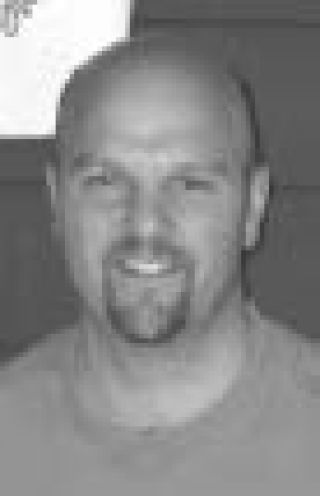I want to congratulate Joe Sutton-Holcomb on providing a well thought-out and reasoned column about his peers’ experience and opinions about teens’ use of alcohol and drugs. It reminds me, some 25 years out of high school, how intelligent and mature high school age youth are. Therein lies the problem, of course.
While teenagers have so many of the skills necessary to succeed in life, there is a reason why they are still in school, living at home (mostly) and under the care and supervision of adults: They are really not really ready to strike out on their own. And yet this care and supervision must not entail the same rules as the elementary or middle school years. In fact, teens need room to explore, make mistakes and learn from life’s many lessons.
I once heard someone say that a parent’s job is to lose gracefully over time. In the teen years it is critical that parents take this lesson to heart. However, that certainly doesn’t mean getting out of the game completely. A parent must set the rules (to be tested and broken), provide the boundaries (to be stretched), set the consequences (to suffer the wrath) and communicate the reasons for it all to his or her teenagers (the old-fashioned and conservative ones).
You see, we get it wrong when we think this debate about alcohol and drug use is about who is right. Can youth handle it or not? Certainly we have plenty of scientific evidence demonstrating how drugs and alcohol attack a teen’s brain worse than they do adults’. And yet, teens will point out that our society is replete with successful adults who “experimented” with substances in their teen years and turned out just fine. But that’s not the point.
Rather, this debate is about adults accepting their roles in this issue. We need to create and be clear about the expectations that we have about youth substance use. Youth need to know that if they get caught drinking — or even stay at a party at which their peers are drinking — they will be suspended from extracurricular activities. They also need to know that the community will support this action.
Personally, I wish that boundary had been clear for me in high school when my two friends chased me around the house after school (both parents worked and thus weren’t home) goading me to have my first drink. But it wasn’t clear. I drank for the first time that day and didn’t stop until I was 25.
Some teens might say, “Yes, and you’re another example of someone who experimented and ended up with a good life.” This is true to a certain extent. However, it is also true that I wasted four years of college just doing enough to get on the dean’s list (my dad’s expectation of me) and to get to the next party. I missed developing lifelong friendships in college, getting involved in the many clubs and activities that my tuition paid for and using the time to learn what really excites me and digging into that passion in an environment designed for it.
Rather, I have spent 18 years now recovering from those lost years — enjoying my life, yes, but regretting many lost opportunities. God, how I wish I had been kicked off of the swim team in my sophomore year — a clear boundary that might have given me a needed wake-up call.
Evidence collected by Vashon’s new Healthy Community Network and the Healthy Youth Survey indicate that we adults on Vashon are not fulfilling our role in terms of youth substance abuse. Youth consistently indicate they feel we’re permissive about this use. Teens, on the other hand, are fulfilling their role perfectly: They are stretching the lax boundaries that we are providing for them and using drugs and alcohol at a rate much higher than their peers statewide.
My hope is that the adult Vashon community will get behind the work of the Healthy Community Network and the Vashon Island Prevention Intervention Team and set the community norm that we adults on Vashon do not tolerate youth drinking and drug use. This, of course, will mean that we have to consider what we model (but that is another topic for another day!). The teens will then do as they will with this information in hand. To some degree, that part is out of our control.
— Sam Collins is the executive director of Vashon Youth &
Family Services.



